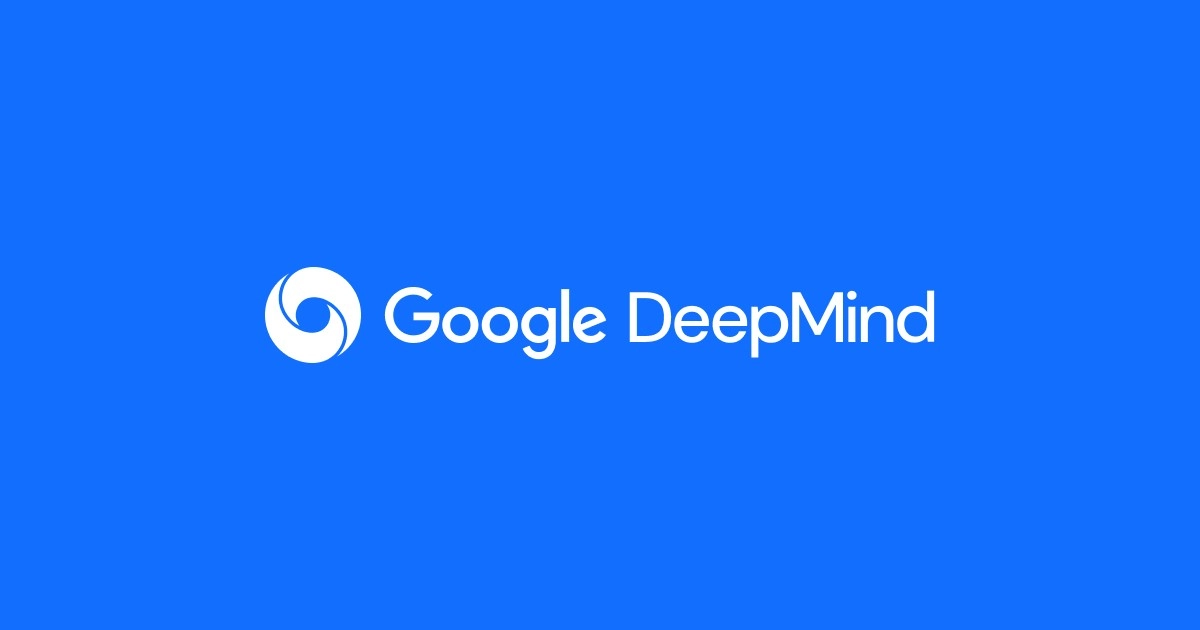Instead of relying on a single AI output, AlphaEvolve generates and refines multiple algorithmic solutions through a unique evaluation system.
Google DeepMind has unveiled AlphaEvolve, a new AI system designed to help solve complex scientific and mathematical problems by improving how algorithms are developed.
Rather than acting like a standard chatbot, AlphaEvolve blends large language models from the Gemini family with an evolutionary approach, enabling it to generate, assess, and refine multiple solutions at once.
Instead of relying on a single output, AlphaEvolve allows researchers to submit a problem and potential directions. The system then uses both Gemini Flash and Gemini Pro to create various solutions, which are automatically evaluated.
The best results are selected and enhanced through an iterative process, improving accuracy and reducing hallucinations—a common issue with AI-generated content.
Unlike earlier DeepMind tools such as AlphaFold, which focused on narrow domains, AlphaEvolve is a general-purpose AI for coding and algorithmic tasks.
It has already shown its value by optimising Google’s own Borg data centre management system, delivering a 0.7% efficiency gain—significant given Google’s global scale.
The AI also devised a new method for multiplying complex matrices, outperforming a decades-old technique and even beating DeepMind’s specialised AlphaTensor model.
AlphaEvolve has also contributed to improvements in Google’s hardware design by optimising Verilog code for upcoming Tensor chips.
Though not publicly available yet due to its complexity, AlphaEvolve’s evaluation-based framework could eventually be adapted for smaller AI tools used by researchers elsewhere.
Would you like to learn more about AI, tech and digital diplomacy? If so, ask our Diplo chatbot!
